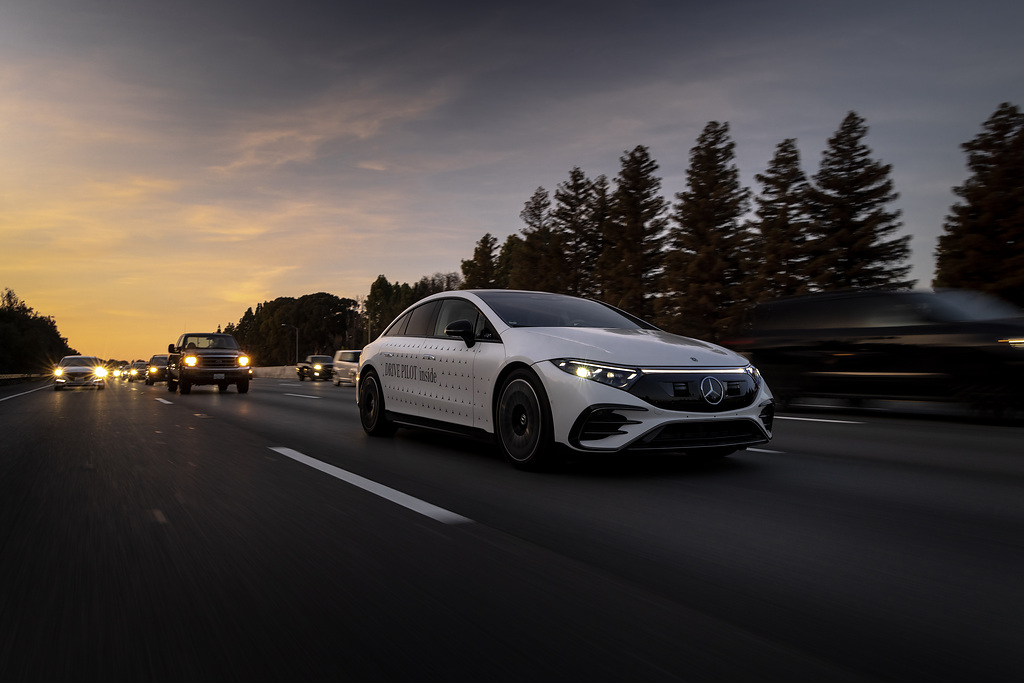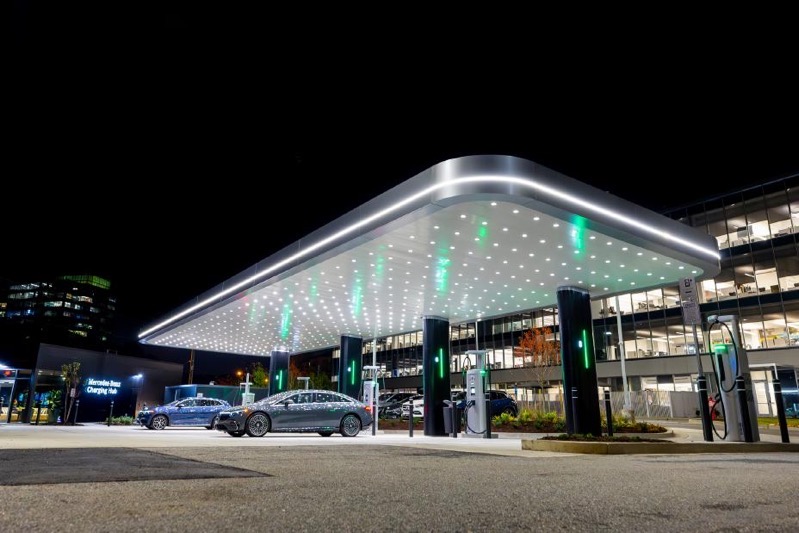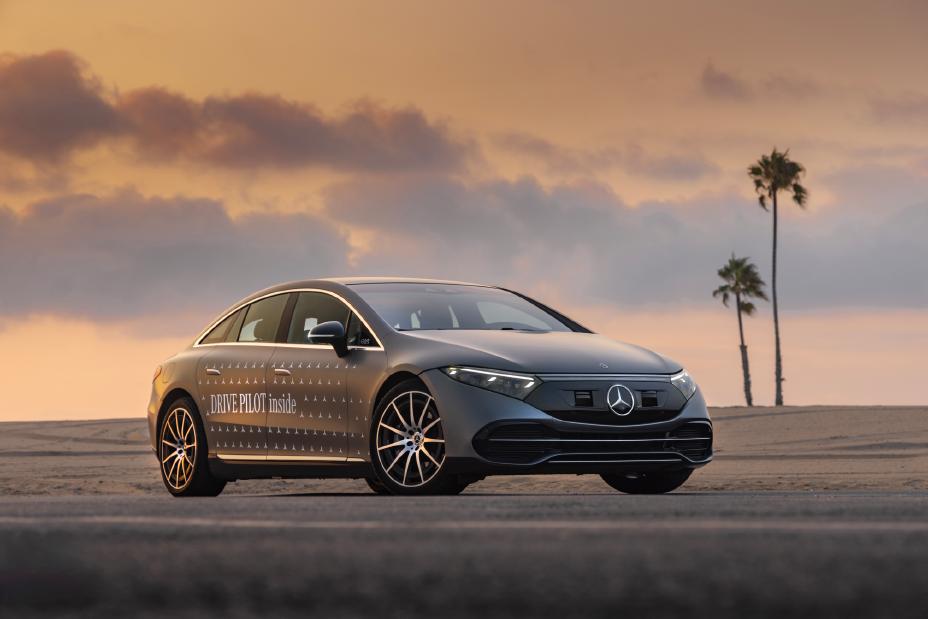
Mercedes to Invest Billions in Plant Modernization for EV Transition: Report

Mercedes is reportedly set to invest billions of dollars in modernizing its manufacturing facilities in China, Germany, and Hungary, as the automaker prepares to transition to electric vehicles and reduce emissions, reports Reuters.
This move comes in response to the European Union’s goal of cutting CO2 emissions per passenger car in half by the end of this decade compared to 2020 and ending the sale of fossil fuel-powered cars by 2035.
Mercedes has previously announced its intention to be fully electric by the end of the decade, wherever market conditions permit.
Joerg Burzer, the production manager at Mercedes, was quoted in Automobilwoche magazine as saying, “We are investing a three-digit million amount per plant for the run-up,” referring to the plants in Beijing, Rastatt (Germany), and Kecskemet (Hungary).
Work on the Rastatt plant is expected to begin in the coming months, with the first model of the compact vehicle platform MMA rolling out in 2024.
The plant’s production will be reduced from seven to four models. Mercedes also plans to invest a low single-digit billion dollar sum in upgrading the painting systems at its Sindelfingen, Bremen, and Rastatt plants in Germany to reduce energy and water consumption and rely more on carbon-free energy sources.
Furthermore, Mercedes is considering an expansion of its U.S. plant in Tuscaloosa to take advantage of government subsidies under last year’s Inflation Reduction Act.
Burzer mentioned that the company is prepared to adapt to any changes in regulatory conditions worldwide, stating, “The framework conditions worldwide change again and again, we may have to react to that.”
One of the latest electric cars from the German automaker is the 2023 Mercedes-EQ EQE 500 sedan. The EV has two electric motors with an AWD set up to offer 402 hp and 633 pound-feet of torque.


By amazing co-incidence I just made a video about this! I visited the Yokohama EQ showroom in Japan, and it was amazing!